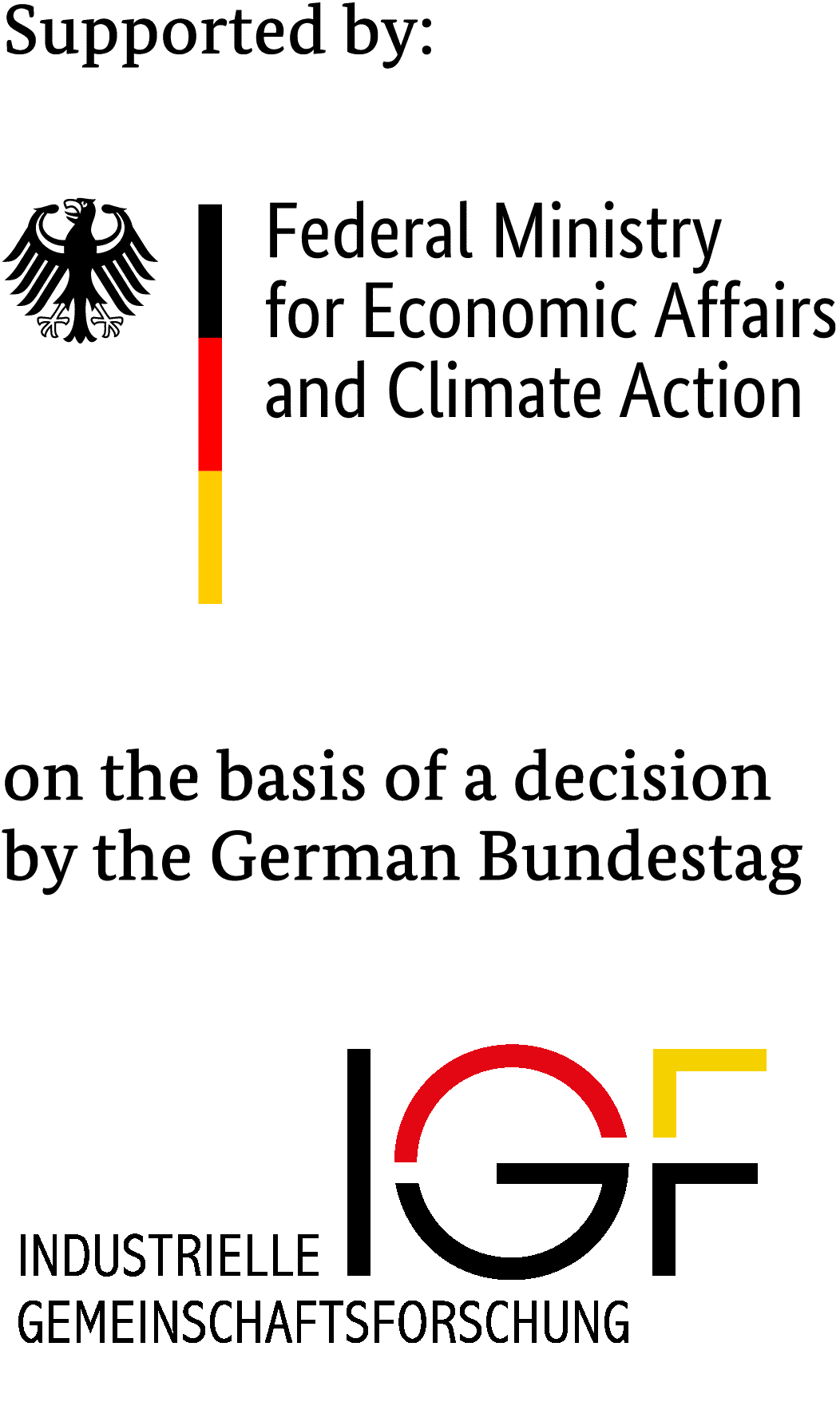In this research project, the reduction performance of SCR catalysts for organic substances in the exhaust gas of cement plants will be systematically investigadet. Since the catalyst materials used in cement plants have not proven to be optimal for the reduction of organic components and the stability in the exhaust gas, it will be investigated how operating conditions and materials have to be adapted in order to increase the catalytic performance.
According to previous operating experience, it is known that the SCR catalysts used in the exhaust gas path of cement plants allow a certain reduction of organic compounds in addition to the desired reduction of NOx and NH3. However, the measured conversion rates fluctuate very strongly and short-chain hydrocarbons are hardly reduced. In cooperation between the Research Institute of the Cement Industry and the Fraunhofer Institute IKTS, state-of-art catalysts are to be tested for their suitability for use in cement plants. Preselected materials will be characterized and produced as test specimens. The samples and standard SCR catalysts are tested in laboratory and operational tests in various exhaust gas compositions and temperatures to determine their reduction performance.
The aim of the project is to be able to select operating parameters and catalyst materials in such a way that a maximum reduction performance takes place and the function of the catalysts is not affected. This should enable operators of cement rotary kilns, including many SMEs, to achieve a reduction in organic components without having to expect frequent failures of the SCR plant. It is important for SMEs to know whether and how existing SCR plants can be optimised without having to install downstream exhaust gas cleaning systems. The aim is to reduce operating costs and avoid the frequent replacement of catalyst layers.
![Two catalyst honeycombs of cordierite; left: with SCR coating; right: without functional layer [Source: Fraunhofer IKTS].](/fileadmin/_processed_/3/e/csm_csm_KatWab_9cb539c063_aa48f68444.png)

